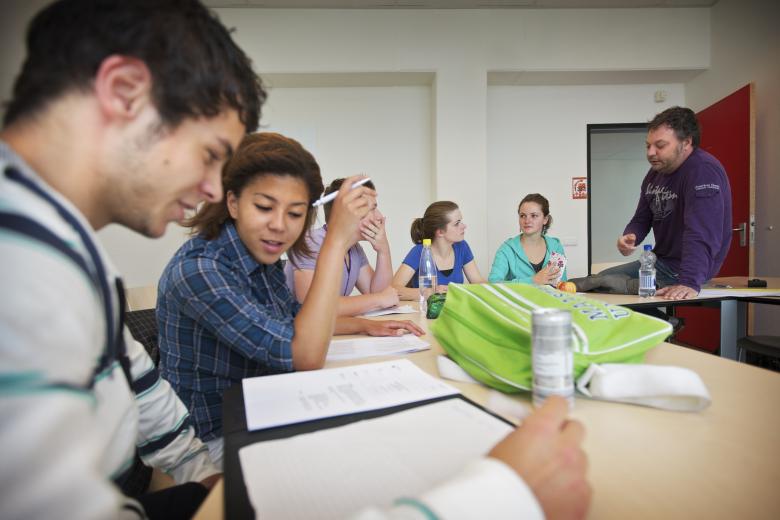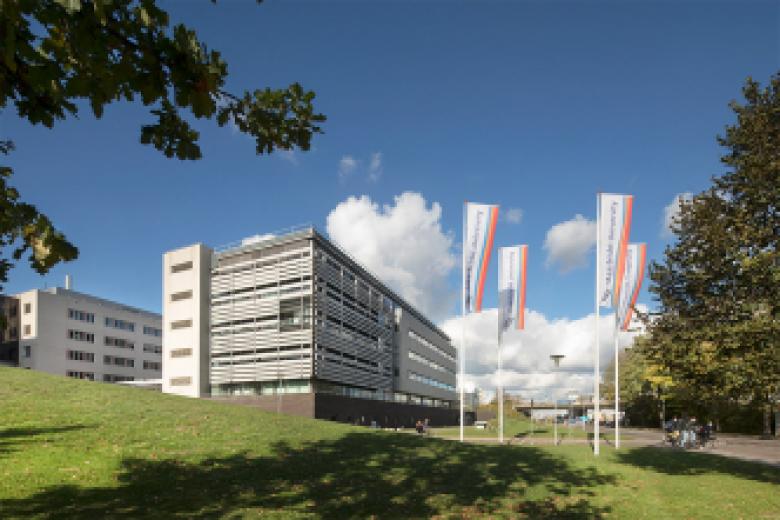International Environmental Law
Climate change demands bold leadership and legal action. This programme prepares future leaders to tackle environmental crises through international law, human rights, and sustainable development policy.

Climate change demands bold leadership and legal action. This programme prepares future leaders to tackle environmental crises through international law, human rights, and sustainable development policy.

Explore the evolution of the European Union, from integration and human rights protection to present-day global challenges, in a study abroad programme bridging politics, law, and economics.

R is a programming language and software environment for carrying out computations, manipulating and analyzing data, and creating various types of plots and graphics.

This is an introduction to statistics regarding scientific, patient-oriented research or other research into human or animal subjects. It covers statistical concepts/methodologies rather than focusing on a particular software.

Structural equations modelling (SEM) is the term used to describe the general multivariate method of conducting factor analyses, multiple linear regression analyses and path analyses.

A course with 4, one-to-one sessions with your tutor. The sessions are designed not only to boost your knowledge of Italian but also to motivate you to engage with the Italian language through interesting and relevant topics.

From the very first group lesson an experienced teacher will help you to build your vocabulary and understand how the language works. You’ll use traditional learning materials as well as online learning tools, on social media.

This one-on-one course is designed for students of all levels of the CEFR. It consists of five modules, in which you combine oral sessions with a coach and independent study to improve your language skills.

Under Dutch law (Art. 9 Wod), animal experiments may only be conducted if overseen by someone with legally required qualifications. Completing this course is one of those requirements and is essential to carrying out such experiments lawfully.

The Leadership and Management in a Global World programme is designed for CISaustralia students who want to learn more about leadership and change in both a global and a business context.
